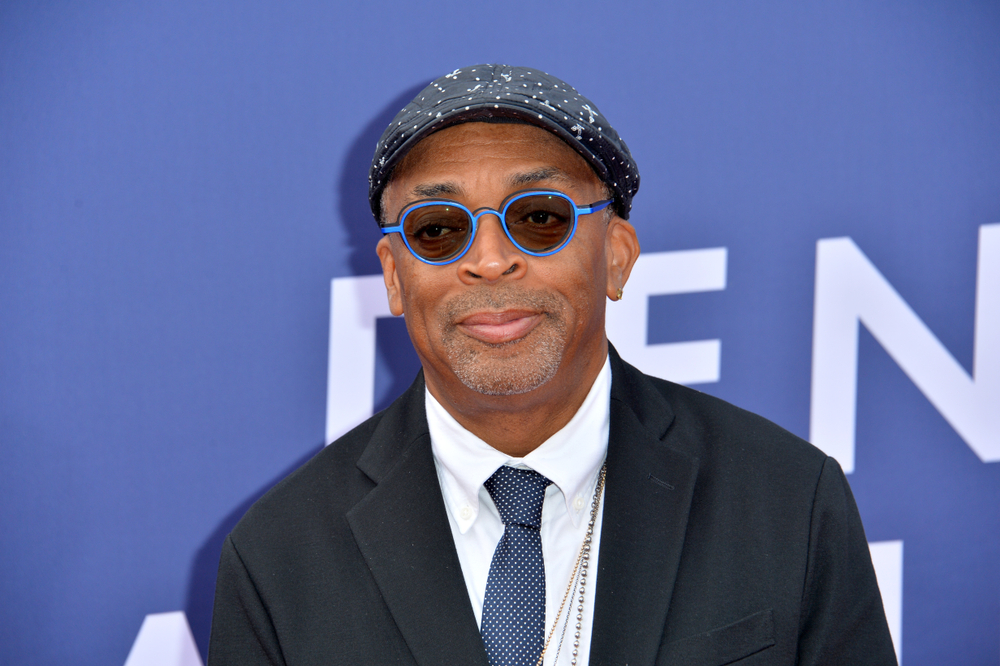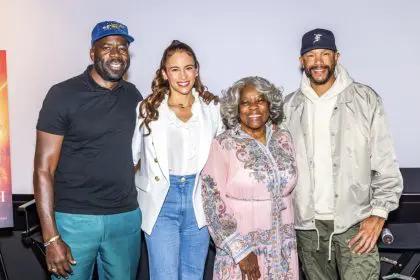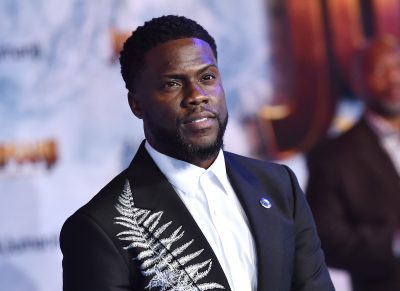Spike Lee felt “depressed” while making ‘Malcolm X’. The critically acclaimed biographical film has since become one of cinema’s most important works, despite the immense personal challenges Lee faced during its production.
The 68-year-old filmmaker helmed the 1992 biographical drama film about the African-American activist – but Spike was left “broke” after spending “half [his] salary” on the project. His commitment to authentically portraying Malcolm X’s life and legacy drove him to make significant personal sacrifices throughout the filmmaking process.
“That movie almost killed me when Warner Bros. let the bond company take over the film in post-production and shut it down,” the director – who bickered with the movie studio over the budget and running time of the film – told The Hollywood Reporter. “That’s probably the most I’ve been depressed in my life with the exception of my mother dying. Half my salary went into the movie. I was broke.” This revelation highlights the emotional toll the production took on Lee during what should have been a career-defining triumph.
Spike viewed the movie – which starred Denzel Washington in the title role – as a passion project. And the filmmaker eventually approached some of his showbiz pals in a bid to finance the movie. His determination to complete the film led to an unprecedented fundraising effort within the entertainment community.
“The most important book I ever read was ‘The Autobiography of Malcolm X’ as told to Alex Haley in junior high school. I read that book every year,” he said. “Once I got the gig to do that film, I said, ‘I have to be a student of Malcolm.’ I just kept thinking about him. And it hit me like a ton of bricks: I know some African Americans who’ve got some money. I made a list and I got the money.” This personal connection to Malcolm X’s story fueled Lee‘s unwavering commitment to bringing the activist’s life to the screen.
“Peggy Cooper Cafritz, who was an entrepreneur in D.C.; Tracy Chapman; Janet Jackson; Bill Cosby – he was the first person I went to. Prince. And every time I was going to somebody, I was asking for more money. Oprah Winfrey.” The impressive list of contributors demonstrates the cultural importance many recognized in telling Malcolm X’s story properly.
“The last two people on my list were Magic Johnson and Michael Jordan. And knowing how competitive those two brothers are, I let it slip to my Brooklyn brother, Michael Jordan, how much Magic gave. Michael Jordan said, ‘OK, I got you.’ Boom. And with that money I was able to rehire the crew.” Lee’s creative approach to fundraising leveraged the competitive spirit between two basketball legends to benefit his artistic vision.
“We had a press conference in Harlem to let the world know these prominent African Americans gave gifts, no strings attached, so I could finish this film. The next day, Warner Bros. took the film back from the bond company and started to finance it again.” This public display of support from prominent Black celebrities ultimately pressured the studio to resume their financial backing.
‘Malcolm X‘ was nominated for two Oscars and is still widely regarded as one of the most impactful movies of its generation. Despite its critical acclaim and cultural significance, the film’s journey to completion remains a testament to Lee‘s perseverance.
However, Spike doubts whether the film could even be made in 2025. The changing landscape of Hollywood and shifting cultural attitudes have made ambitious, politically charged biographical films increasingly difficult to finance and produce.
The director – whose other film credits include ‘She’s Gotta Have It’, ‘Do the Right Thing’ and ‘BlacKkKlansman’ – said: “I’m not naming names, but it is not an exaggeration to say that [‘Malcolm X’] cannot be made today with where we are in this world.” This sobering assessment speaks to the challenges filmmakers face when attempting to tell complex, politically charged stories in the current entertainment climate.
Lee’s struggle to complete ‘Malcolm X’ represents a pivotal moment in American cinema history, where artistic vision confronted commercial constraints, resulting in a film that continues to educate and inspire audiences about Malcolm X’s life and legacy. The behind-the-scenes battle to bring this story to the screen mirrors, in some ways, the struggles of Malcolm X himself, making the completed film even more meaningful as a cultural document.















